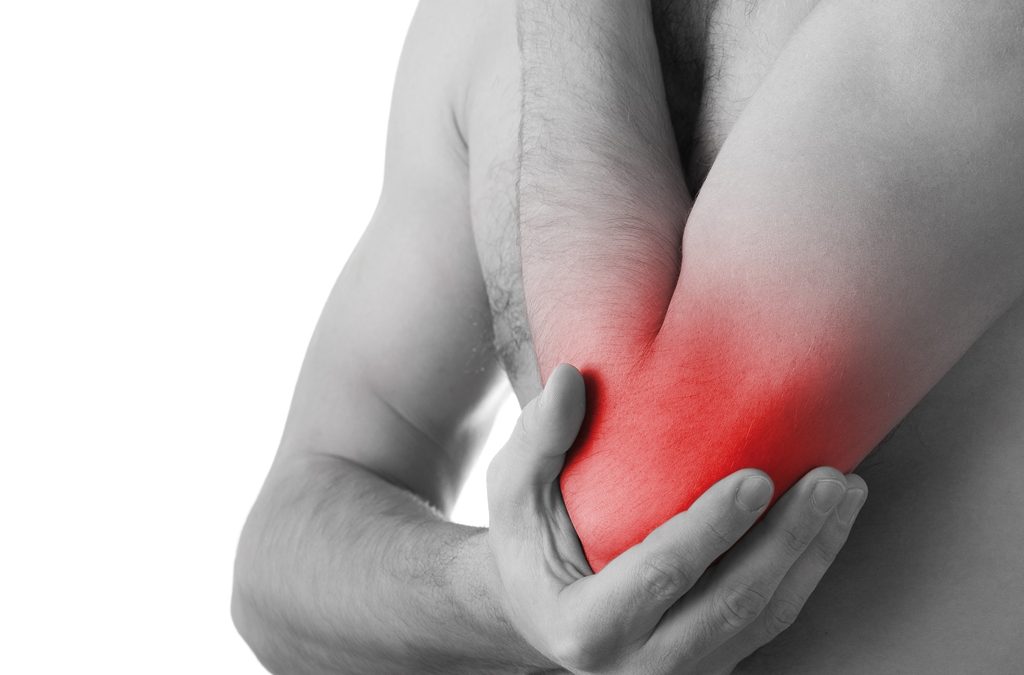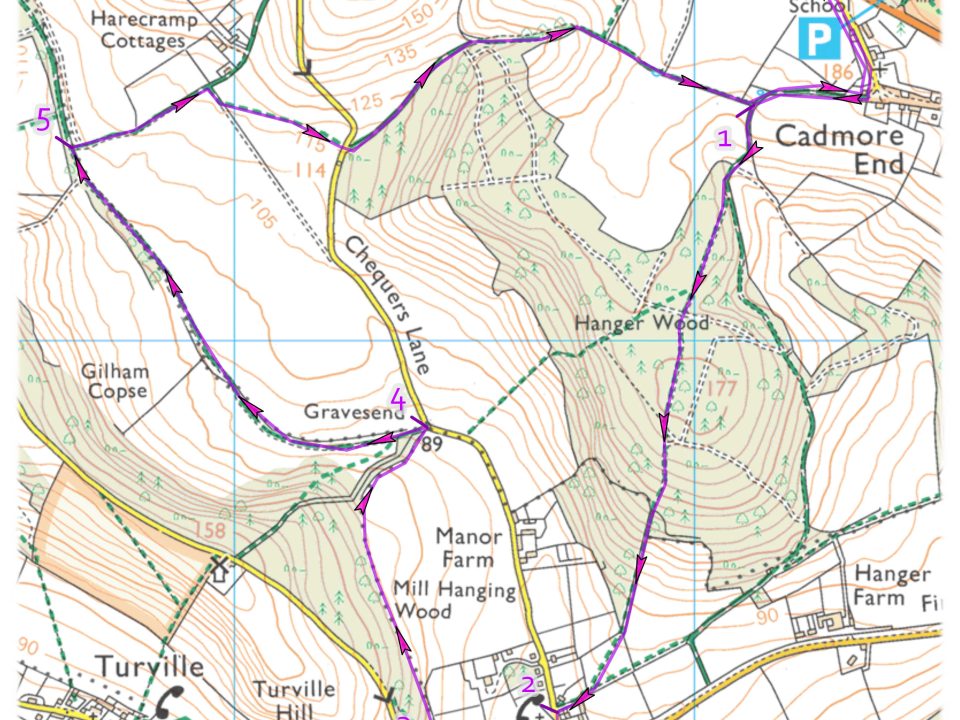
MERRY MANUSCRIPTMAS
October 31, 2024
Deck your doors with a Christmas wreath – Hartwell Nurseries
October 31, 2024Each part of your body is connected to it in some way. Fascia is a hugely important component of the human body.
This Connective tissue is densely woven throughout your muscles, bones, nerves, arteries, veins and organs. Fascia plays a vital supportive role to the musculoskeletal system, enabling all functional activities, (e.g. moving from sitting to standing, or walking, running and jumping).
Why is fascia so important?
Ideally, the fascial system is relaxed and provides cushioning and support throughout all body systems, allowing movement without restriction or pain.
Normally, fascia is flexible and stretchy. But it’s strong. It provides structural support to your body and protects your muscles. When your body experiences any kind of trauma, your fascia loses its flexibility. It becomes tightened and more rigid. The tightness can lead to pain and loss of motion, which can affect your quality of life. Fascial adhesions can often be an undiagnosed cause of painful musculoskeletal conditions and mobility problems.
Connective Tissue Treatment, benefits people who have experienced:
• Physical trauma: From incidences such as falls, car accidents or whiplash.
• Scarring: From conditions such as frozen shoulder, burns or surgery.
• Inflammation: From conditions such as bursitis, osteoarthritis or plantar fasciitis.
• Nerve compression syndrome: including herniated disks or carpal tunnel syndrome.
• Repetitive stress injuries: From heavy lifting or poor posture.
David will understand the root cause of imbalances, providing myofascial release therapy, as part of his Osteopathic treatments. Osteopathy plays an important role in keeping your fascia and other connective tissues all hydrated, mobile and adhesion-free.
Best wishes, David




